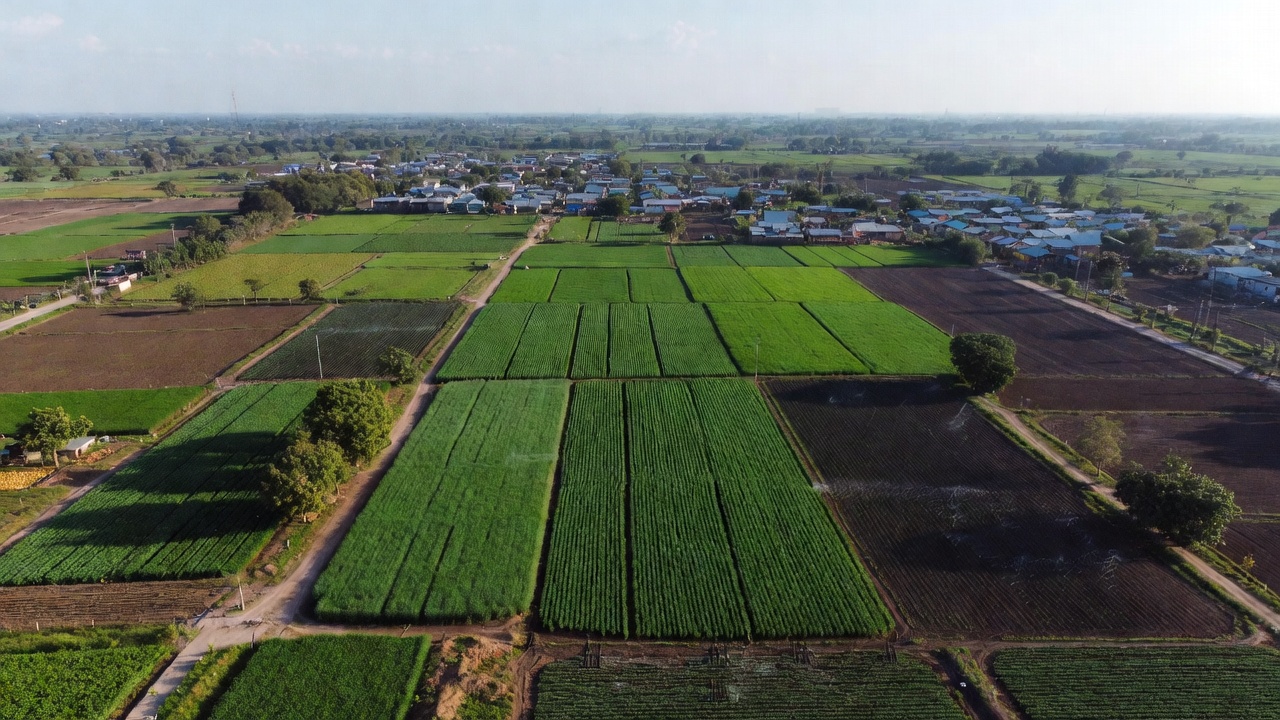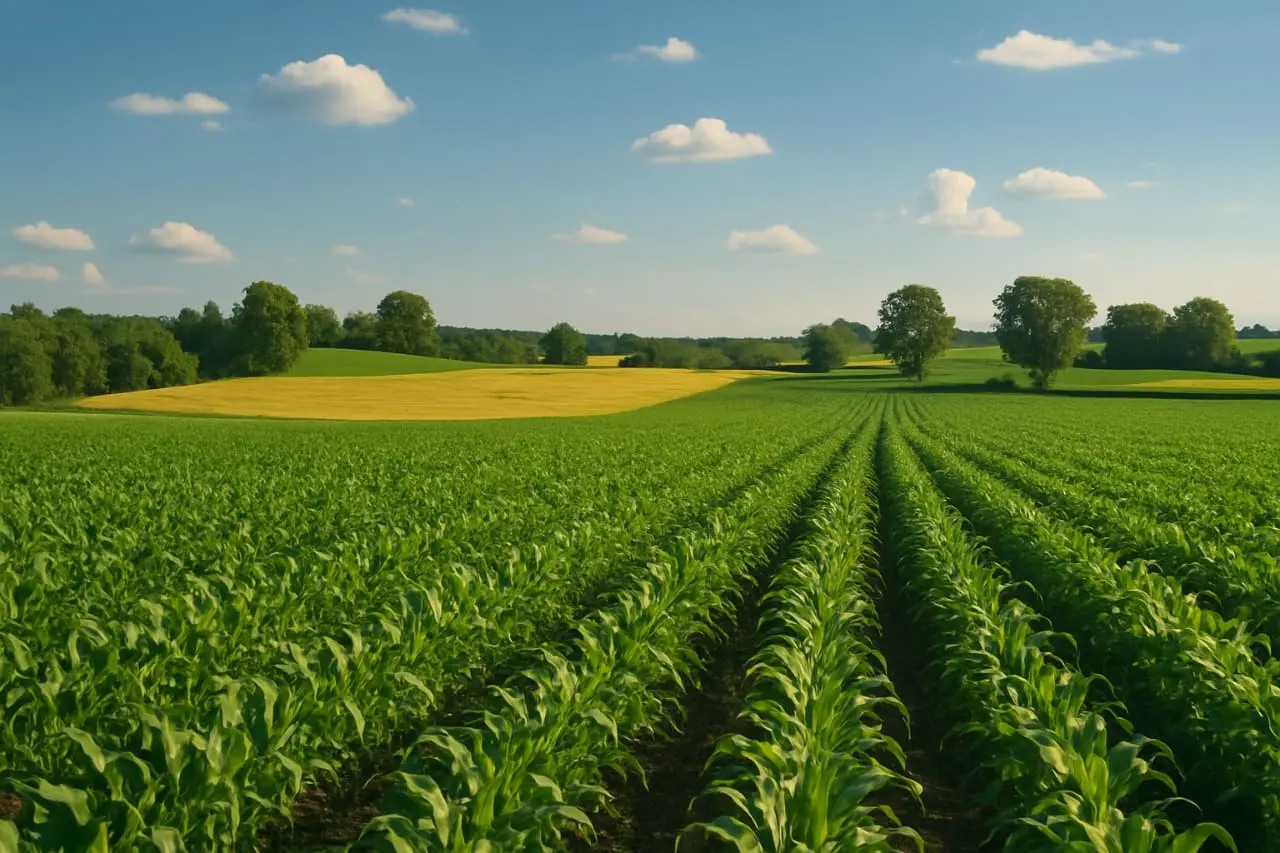As inflation continues to erode purchasing power and traditional investment portfolios face unprecedented volatility, savvy investors are turning to farmland assets to hedge against inflation. Agricultural land has proven to be one of the most reliable stores of value throughout history, offering tangible returns that often outpace inflation while providing essential resources for a growing global...
Farmland
India’s agricultural sector is not just about food production—it also holds untapped financial value. For many investors, high-net-worth individuals (HNIs), and businesses, farmland is an appreciating asset. Yet, few realize it can also serve a functional purpose beyond cultivation: it can be used as collateral for business loans. Whether you're an agribusiness owner looking to scale...
Legal Considerations, Types, and State Regulations Explained India’s vast and diverse agricultural landscape is attracting investors, NRIs, and individuals exploring sustainable land investment. However, farmland ownership in India is governed by a web of agricultural land ownership laws, land classification norms, and state-wise land ownership laws that vary significantly across...
Farmland Buying in India Doesn’t Have to Be Complicated For high-net-worth individuals (HNIs), non-resident Indians (NRIs), and forward-looking investors, the idea to invest in agricultural land has become more than just a trend—it’s a calculated move toward diversification, stability, and long-term value creation. Whether you’re looking to build a farmhouse, diversify your assets, or...
Index Buy Farmland Understanding the Purpose Choose the Right Location Know the Legalities Before You Buy Farmland Verify Land Ownership and Title Understand Land Type and Suitability Check Water and Irrigation Facilities Access to Basic Infrastructure Budget and Financial Planning To Buy Farmland Government Regulations and Land Ceiling Laws Consider Future Resale or...
Farmland Prices Across India Take a look at farmland prices across India to start your investment journey today. Farmland has emerged as a strong alternative investment in India. With rising interest from investors, urban professionals, and entrepreneurs, agricultural land is increasingly valued not only for cultivation but also for development potential, eco-tourism, and land banking. However,...
Index Introduction Understanding the Value of Farmland Key Indicators of Growth in Agricultural Land Location and Infrastructure Development Soil Quality and Water Access Legal Clarity and Land Records Market Demand and Crop Trends Government Policies and Schemes Monitoring Investment Patterns Conclusion 1. Introduction Investing in farmland has become a practical...
Index Introduction Understanding Farmland Investment Sustainability in Farming Investment Soil Health and Biodiversity Organic Farming and Its Role Water Management and Carbon Storage Local Ecosystems and Broader Impact Farmland Investment and SDGs Conclusion 1. Introduction Farmland investment is not just about earning profits or owning land. It is also about...
Index Introduction Why Farmland Is a Low-Risk Investment High-Reward Potential of Farmland Farmland Investment Benefits Land Appreciation and Passive Income Sustainable Farming and Long-Term Security How to Invest in Managed Farmland Final Thoughts 1. Introduction To Farmland Investment In a world of economic uncertainty and volatile markets, agriculture land investment...
Investing in farm land can be a good way to build wealth over time. It offers more stability than stocks and fewer surprises than urban property. Farmland often gains value slowly but steadily, and there are ways to earn from it even while you wait for its price to grow. Whether through farming or leasing, the returns can be solid—especially in the Indian context. Let’s look at how farm land can...









